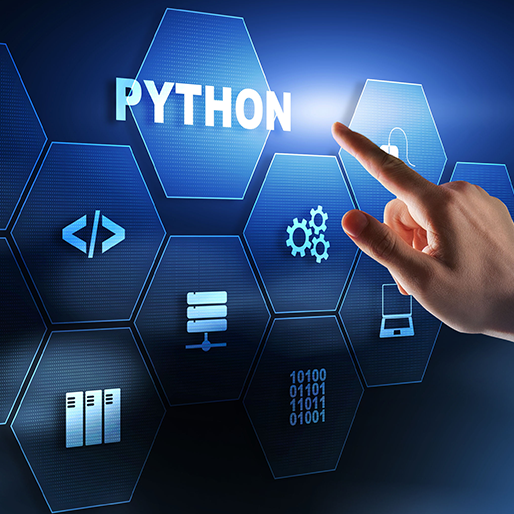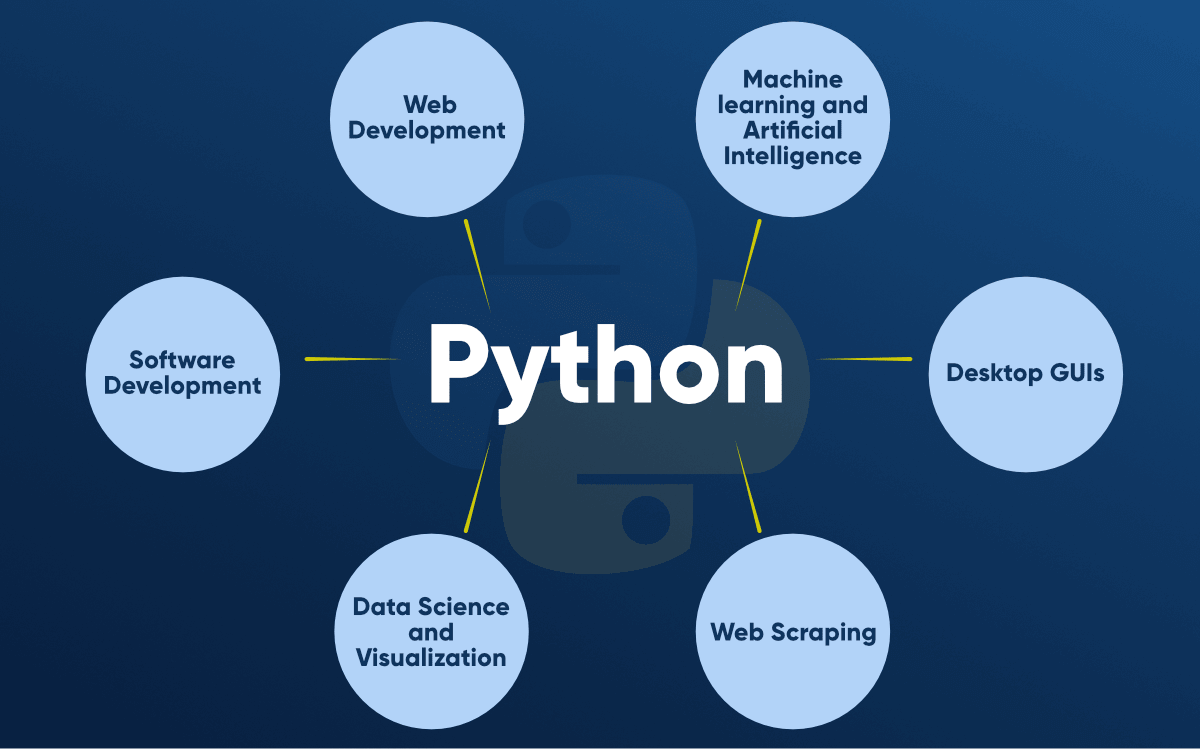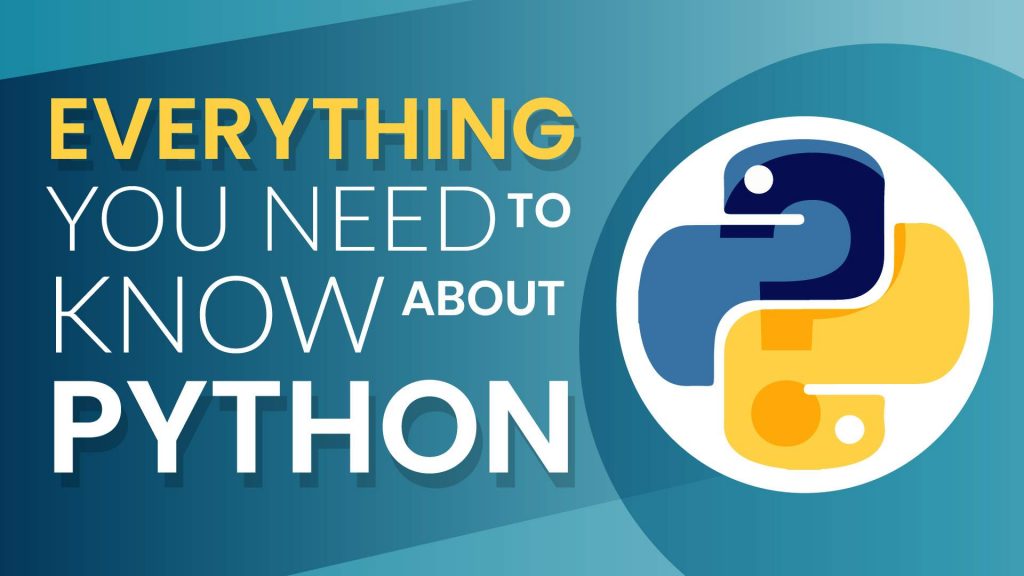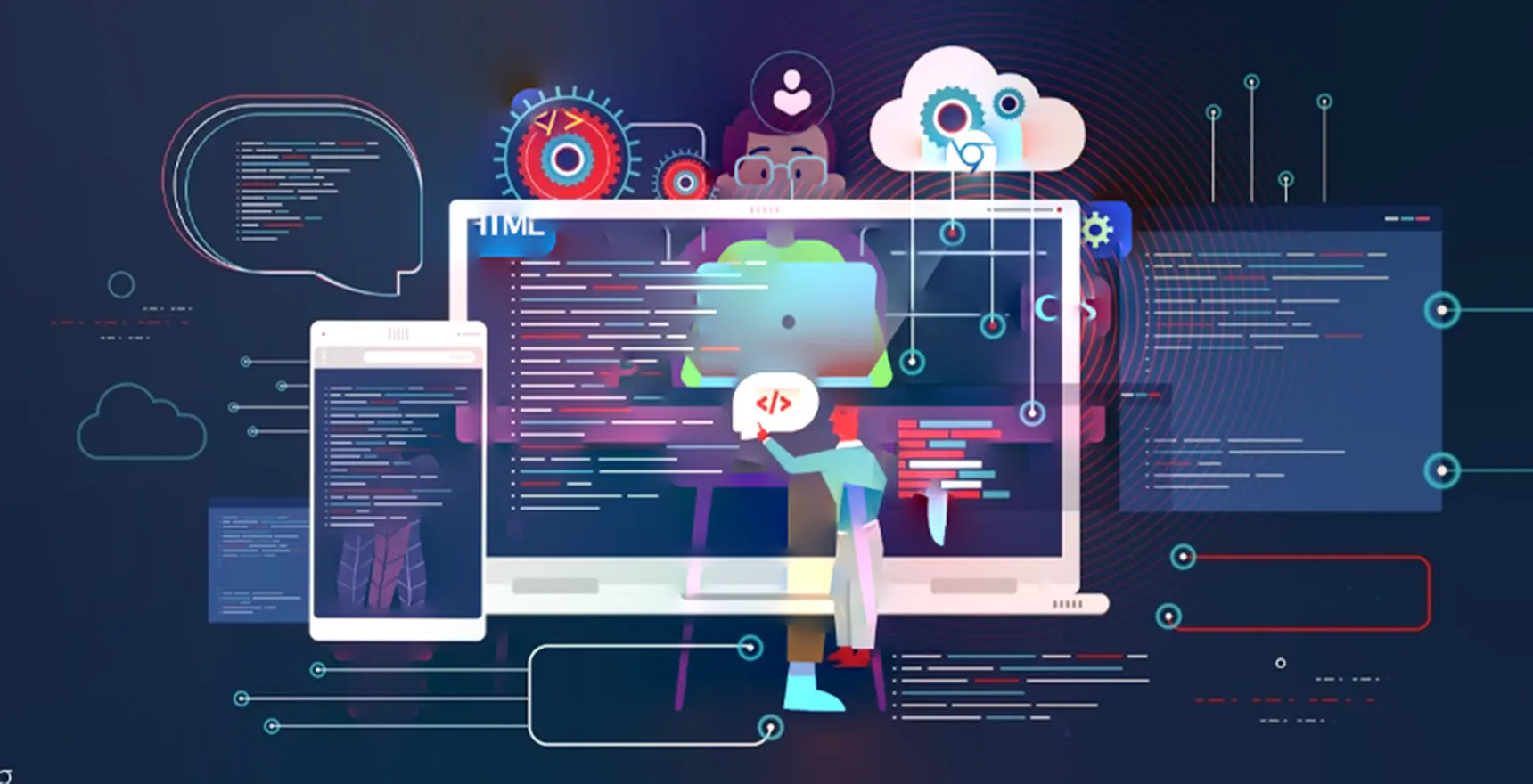
Master Python Basics in 2025: The Ultimate Beginner’s Guide
Programing
With good reason, Python is still one of the most widely used programming languages in 2025. Knowing the fundamentals of Python Basics is essential for any digital career, whether you're a student, data analyst, web developer, or AI enthusiast. It's the greatest place for anyone just starting out in the world of coding because it's powerful, adaptable, and beginner-friendly.
Understanding the Core of Python Basics

What Makes Python Easy for Beginners
Python's straightforward syntax, which reads like plain English, is what makes it so appealing. You can understand the fundamentals of Python without any prior programming knowledge. Even for total novices, its framework makes coding rational and enjoyable.
Because Python removes superfluous complexity, you can concentrate on solving problems rather than learning grammar rules by heart.
Key Concepts Covered in Python Basics
1. Python Syntax and Structure
Understanding syntax, or the rules of writing code, is the first step in learning the fundamentals of Python.
For example:
print ("Hello, World!")
A message is printed by this one line of code. Python is cleaner and easier to read because it doesn't require semicolons or curly brackets like other languages do.
2. Variables and Data Types in Python Basics
Data types provide the type of data you're working with, while variables are used to store data. Integers, floats, texts, and booleans are examples of common data types.
For example:
age = 25
name = "Rida"
is student = True
Since they serve as the basis for Python fundamental programming logic, an understanding of these kinds is crucial.
3. Conditional Statements in Python Basics
Conditional statements like if, else, and elif allow you to make decisions in your code.
Example:
if age > 18:
print("You are an adult")
else:
print("You are a minor")
These ideas are essential to learning the fundamentals of Python since they assist manage the program's flow.
4. Loops and Iterations in Python Basics
Loops help you repeat tasks efficiently. The two main types are for loops and while loops.
Example:
for i in range(5):
print(i)
When studying Python fundamentals for automation or data jobs, loops are essential since they remove unnecessary code and save time.
5. Functions in Python Basics
Functions make your code organized and reusable.
Example:
def greet(name):
return "Hello, " + name
print(greet("Rida"))
One of the most effective lessons in Python fundamentals is learning how to build and use functions.
Applications of Python Basics
Once you understand the fundamentals of Python, you can investigate fascinating subjects like:
- Web development (Django, Flask)
- Data analysis (Pandas, NumPy)
- Machine learning (TensorFlow, Scikit-learn)
- Automation and scripting
Python's versatility guarantees that the possibilities are endless once you understand the fundamentals.
Why Python Basics Are Essential for Beginners

It is challenging to graduate to more complex subjects like AI, data science, or web frameworks without first knowing the fundamentals of Python. Gaining an understanding of the basics guarantees that you will comprehend programming logic, which will make more difficult subjects easier to learn later.
Common Mistakes Beginners Make in Python Basics
Beginners frequently skip past the fundamentals of Python and start working on projects right away. However, misunderstanding results from disregarding basic concepts like data types, variable scope, and indentation. You can really grasp the fundamentals of Python by practicing, writing short scripts every day, and debugging your code.
Best Resources to Learn Python Basics in 2025
Online Platforms and Tools for Learning
Some top resources to learn Python basics include:
- W3Schools and GeeksforGeeks for syntax practice
- Kaggle for data projects
- YouTube tutorials for visual learners
- Google Colab for real-time coding practice
These resources support interactive learning and provide practical challenges to assess your grasp of the fundamentals of Python.
Python Basics with Edify
Edify College of IT provides expert Python training classes covering everything from Python fundamentals to advanced concepts if you're in Faisalabad and want practical experience. Edify assists you in converting theoretical knowledge into useful skills through professional trainers, real-world projects, and certificates. Learning Python is made interesting and career-focused by their revised 2025 curriculum.
Career Opportunities After Learning Python Basics
Once you master Python basics, you can pursue careers such as:
- Data Analyst
- Software Developer
- Automation Engineer
- Machine Learning Engineer
- Backend Developer
For individuals with strong fundamental knowledge, Python's high demand across industries guarantees excellent career advancement.
Conclusion
The best choice for aspiring developers and data professionals in 2025 is to learn the fundamentals of Python. It provides access to countless technological opportunities. Python's simplicity is your first step to becoming an expert in the digital future, so start small, be consistent, and keep practicing.
FAQs About Python Basics
What are Python Basics?
Python basics refer to the foundational elements of Python syntax, loops, variables, functions, and conditionals that help you understand how coding works.
Is Python good for beginners?
Yes! Python is the best programming language for beginners due to its simple syntax and vast community support.
How long does it take to learn Python basics?
You can learn Python basics in 2–4 weeks with consistent practice, depending on your learning pace.
Can I get a job after learning only Python basics?
While Python basics alone may not land you a job, they are essential for advancing to professional-level coding skills required in real-world projects.
Do I need prior experience to learn Python?
No. Anyone can start learning Python basics, whether you are a student, freelancer, or professional switching to tech.
Recents

Top NAVTTC Courses in Faisalabad 2025 for Skill Development
Read Article →
Best Computer Courses 2025 to Boost Your Career Skills
Read Article →
Master Python Basics in 2025: The Ultimate Beginner’s Guide
Read Article →
Best SEO Training in Faisalabad 2025 | Learn & Grow Professionally
Read Article →
Best Digital Marketing Course in Faisalabad 2025
Read Article →
Advanced Data Science & Power BI Mastery Guide 2025
Read Article →